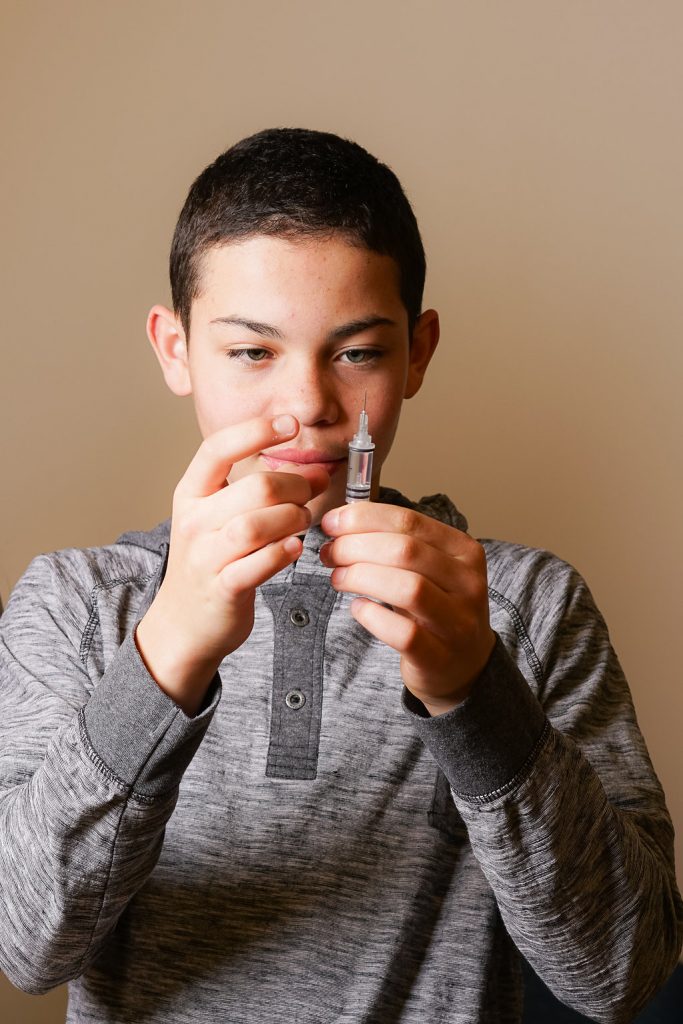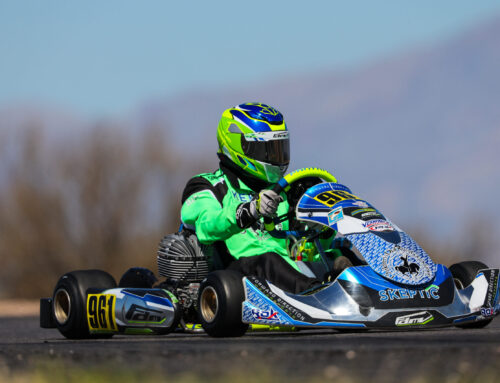Written by:
Shideh Majidi, MD
Assistant Professor, Pediatric Endocrinology
 Approximately 18,000 youth are diagnosed with Type 1 Diabetes every year and nearly 50% of Colorado children with newly diagnosed diabetes present in Diabetes Ketoacidosis (DKA). Classic symptoms of type 1 diabetes include extreme thirst, frequent urination (including urinating at night or bedwetting) and constant hunger. Other symptoms include weight loss, lack of energy and blurry vision.
Approximately 18,000 youth are diagnosed with Type 1 Diabetes every year and nearly 50% of Colorado children with newly diagnosed diabetes present in Diabetes Ketoacidosis (DKA). Classic symptoms of type 1 diabetes include extreme thirst, frequent urination (including urinating at night or bedwetting) and constant hunger. Other symptoms include weight loss, lack of energy and blurry vision.
All of the symptoms of diabetes are often seen in other, more common, illnesses. Therefore, a diagnosis of type 1 diabetes can be easily missed or misdiagnosed. Type 1 diabetes is commonly confused with urinary tract infection, stomach flu, strep throat, or viral infections (like mononucleosis), as these conditions all have symptoms that overlap with diabetes.
Stomach flu (gastroenteritis)—The stomach flu results in stomach pain, nausea, vomiting, and dehydration. Doctors and nurses recommend patients with the stomach flu to drink fluids to help with dehydration so if someone says they have been drinking well and going to the bathroom a lot, it can be seen as a “good” sign.
Urinary Tract Infection (UTI)—Frequent urination is a symptom of a UTI and patients with UTIs can also have stomach pain, nausea, and vomiting.

Mononucleosis (mono)—Mono is a virus that leads to chronic fatigue, sore throat, and swollen glands. Someone with type 1 diabetes can be tired and have low energy before extreme thirst and frequent urination are appreciated.
People with undiagnosed type 1 diabetes can also have concurrent illnesses, such as a common cold or strep throat, that can mask the symptoms of diabetes. When people have a cold or strep throat, they often feel fatigued, have stomach pain or feel nauseous.
If you are worried that you or your child have diabetes and have been misdiagnosed, talk to your doctor about your concerns. Make sure to tell your doctor if you are having increased urination (including waking up overnight to go to the bathroom) and increased thirst, as these are the classic symptoms of diabetes. Ask your doctor if you should be tested for diabetes. Most doctor’s offices can test urine for glucose and ketones, which can help diagnose or rule out diabetes.





